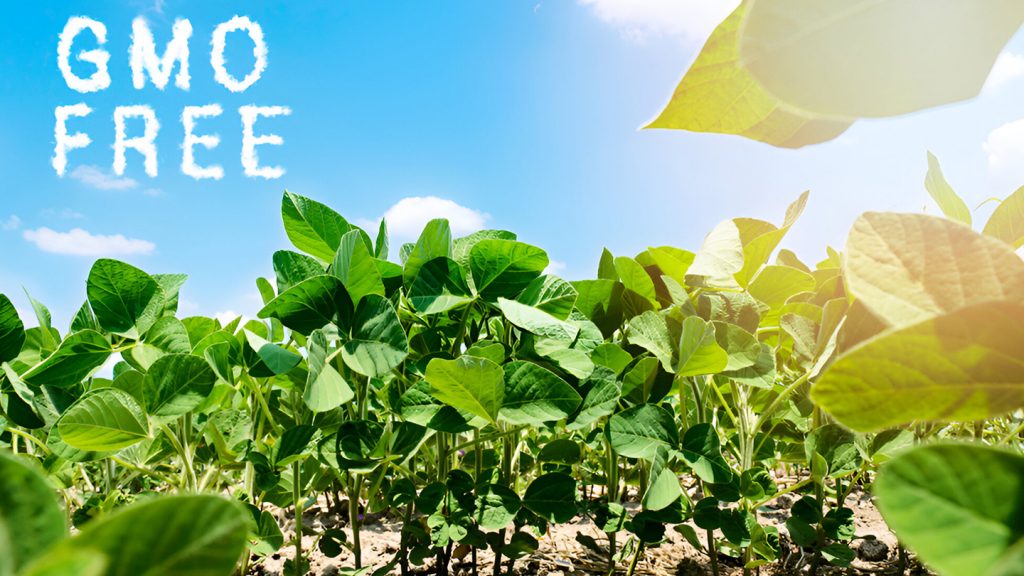With its unique blend of innovation and sustainability, terrace farming has become increasingly popular among urban dwellers seeking to reconnect with nature and cultivate their own fresh produce.
At the heart of this movement lies a commitment to environmental stewardship and healthy living, choosing seeds is a crucial aspect of terrace gardening. In this blog, we delve into the manifold benefits of non-GMO vegetable seeds, shedding light on how they contribute to healthier harvests for terrace farmers.
Understanding Non-GMO Vegetable Seeds
Non-GMO (genetically modified organism) vegetable seeds have been bred through traditional, natural methods without any genetic modification. Unlike GMO seeds, which have undergone genetic engineering in laboratories to introduce specific traits, non-GMO seeds maintain the integrity of their natural genetic makeup.
This distinction holds significant implications for terrace farmers aiming to cultivate wholesome, sustainable crops.
Promoting Environmental Sustainability
One primary advantage of non-GMO vegetable seeds is their contribution to environmental sustainability. By eschewing genetic modification, these seeds help preserve biodiversity and protect ecosystems from the potential risks of GMO crops.
Terrace farmers who prioritize non-GMO seeds play an important role in safeguarding the delicate balance of nature, fostering resilient and vibrant agricultural landscapes.
Enhancing Nutritional Quality
Non-GMO vegetable seeds are renowned for yielding produce with superior nutritional quality. Studies have shown that genetically modified crops may exhibit alterations in nutrient content compared to their non-GMO counterparts.
By opting for non-GMO seeds, terrace farmers can ensure their harvests are rich in essential vitamins, minerals, and antioxidants, promoting optimal health and well-being for themselves and their communities.
Safeguarding Food Sovereignty
In an era marked by concerns over food security and agricultural dependency, non-GMO vegetable seeds offer a pathway to greater food sovereignty.
By preserving traditional seed varieties and supporting local seed-saving initiatives, terrace farmers empower themselves to control their food supply and thereby reduce reliance on external sources. This grassroots approach fosters resilience in the face of global challenges and strengthens community resilience.
Protecting Pollinators and Beneficial Insects
Non-GMO vegetable seeds are pivotal in supporting pollinators and beneficial insects essential for ecosystem health. Unlike certain GMO crops engineered to produce insecticidal toxins, non-GMO crops pose minimal harm to non-target organisms.
Terrace farmers who cultivate non-GMO seeds contribute to the preservation of pollinator populations, ensuring the pollination services necessary for robust crop yields and ecological balance.
Fostering Social Responsibility
Using non-GMO vegetable seeds embodies a commitment to social responsibility and ethical stewardship of agricultural resources.
By rejecting the corporate dominance of GMO seed technologies, terrace farmers affirm their dedication to sustainable farming practices rooted in respect for nature and human health. This ethos resonates deeply with consumers increasingly concerned about the origins and integrity of their food.
Cultivating Resilient Communities
Ultimately, adopting non-GMO vegetable seeds fosters the cultivation of resilient communities grounded in shared values of sustainability and self-sufficiency. Through knowledge sharing, seed saving, and collective action, terrace farmers strengthen bonds within their communities and inspire others to embrace alternative approaches to food production.
Together, they form a network of support and solidarity, united in their quest for a healthier, more sustainable future.
In conclusion, non-GMO vegetable seeds’ benefits extend far beyond individual terrace gardens’ boundaries. They embody a commitment to environmental stewardship, nutritional integrity, and social responsibility and serve as catalysts for positive change in our food system.
As terrace farmers embrace the transformative power of non-GMO seeds, they sow the seeds of a brighter, more sustainable tomorrow, one harvest at a time.

